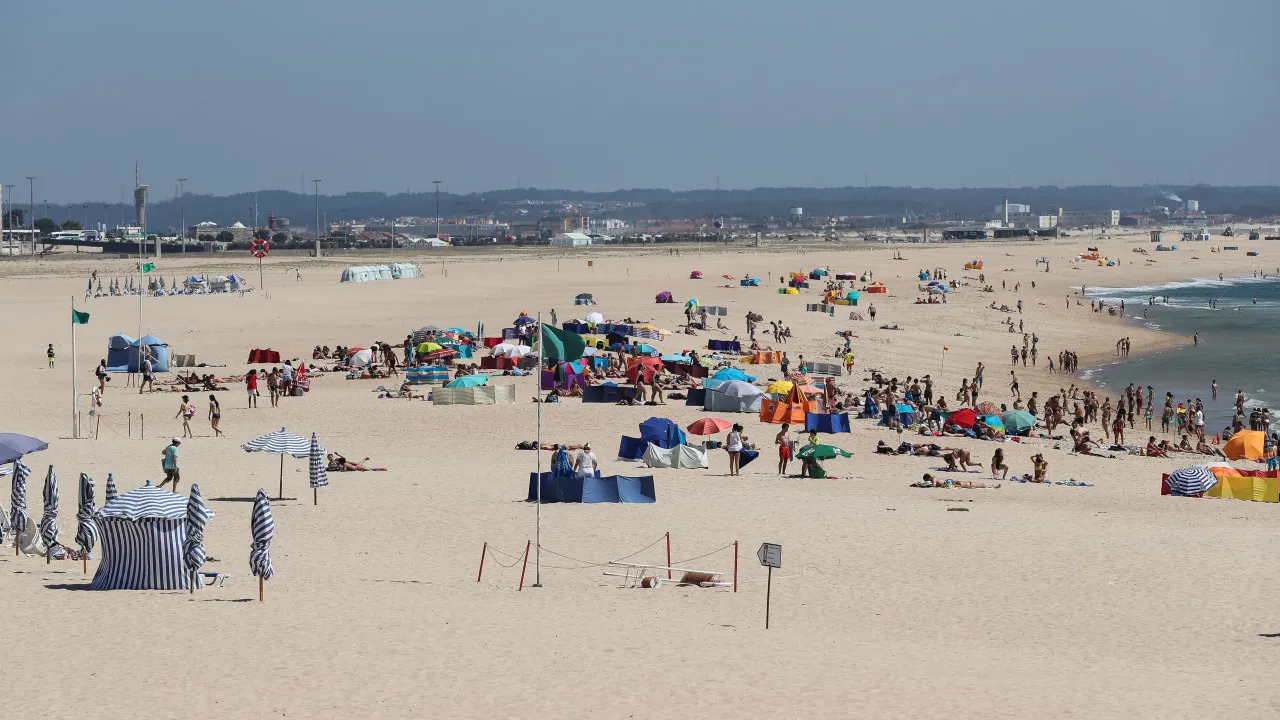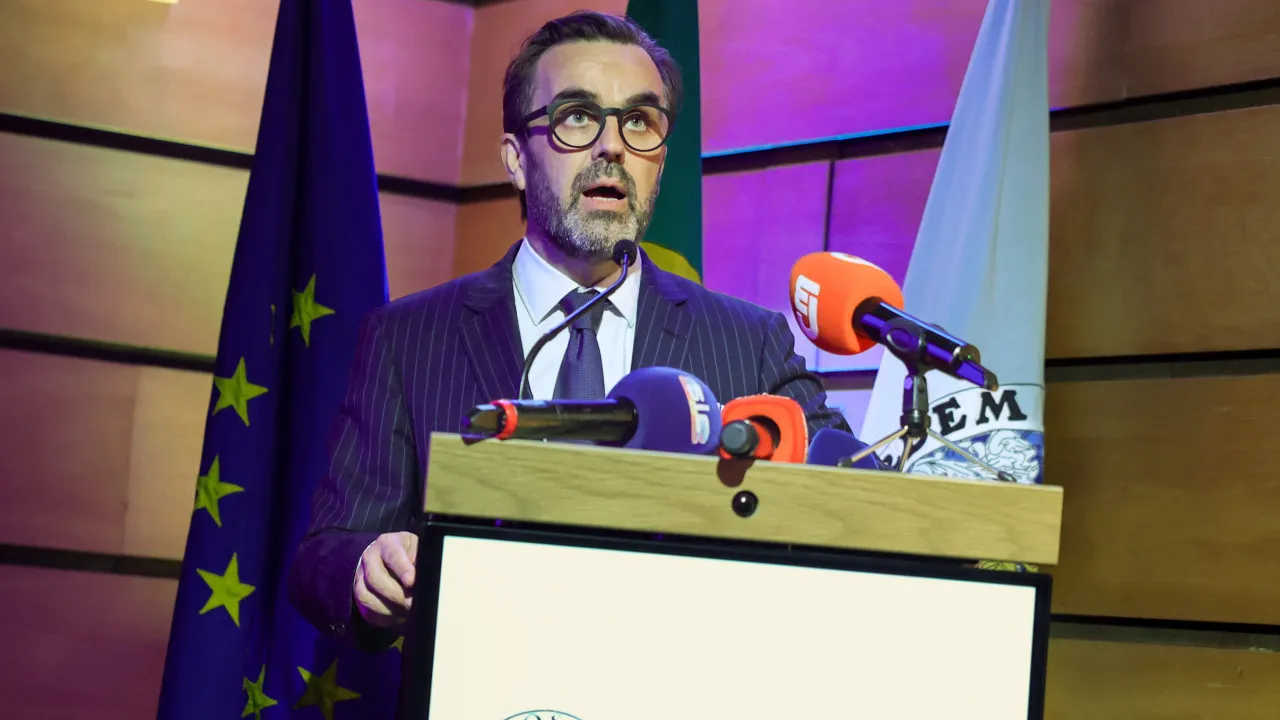
The campaign ‘O Rim não Dói’ will be present at the beaches of Figueira da Foz (on the 9th), Carcavelos (on the 11th), Sesimbra – Praia Moinho de Baixo (on the 12th), Quarteira (on the 15th), and Lagos – Porto de Mós (on the 16th) to raise awareness about the importance of prevention and early diagnosis of chronic kidney disease, as announced by the initiative’s promoters.
Organized by the Portuguese Association of Renal Insufficiency (APIR), with support from the Portuguese Society of Nephrology (SPN) and a pharmaceutical company, the campaign aims to emphasize the absence of initial symptoms in the disease, necessitating increased vigilance, and highlights the importance of taking care of kidneys before urgent care becomes necessary.
“Simple daily habits, such as drinking enough water, maintaining a balanced diet, and controlling blood pressure, make a significant difference in preventing kidney disease,” advises the president of APIR, Paulo Urbano.
Frequent tests and consultations, dietary changes and restrictions, fatigue, cramps, anxiety, stress, and, in many cases, the need for dialysis, constitute the daily life of chronic kidney patients, a routine that “has a significant impact on daily routines and emotional impact, being associated with high levels of anxiety, stress, and depression,” he notes.
The president of SPN, Edgar Almeida, notes that despite being a highly prevalent disease, affecting nearly 10% of the population, “it is not well known.”
In Portugal, in 2024, 2,506 people began dialysis, contributing to the total of 14,089 people undergoing these treatments by the end of that year.
“Adding to these numbers, the cases of kidney transplantation and conservative medical treatment, we witness some of the highest incidence and prevalence values in Europe — an incidence of 271.6 per million population (PMP) and a prevalence of 2,046 PMP,” highlights the nephrologist.
Paulo Urbano further explains that “the absence of symptoms in the early stage or nonspecific symptoms” presents a challenge, accompanied by a “lack of preventive culture, low awareness in society in general, especially among risk groups such as people with diabetes, hypertension, or a family history of kidney disease, and difficulty accessing primary health care.”
“Early diagnosis is a determining factor for the quality of life of kidney patients,” he argues, emphasizing that with proper medical support and dietary changes, “it may be possible to avoid or delay the progression of the disease to more severe stages, reduce the onset of comorbidities, prepare in advance for the choice of substitute treatment (…) facilitating adaptation and minimizing associated risks.”
Edgar Almeida adds that the risk factors “are multiple,” but the most common are diabetes, hypertension, smoking, obesity, and sedentary lifestyle.
Excessive fatigue and difficulty concentrating, swelling, particularly in the feet, ankles, and hands, increased or decreased urinary frequency, foamy urine, high blood pressure, nausea and vomiting, itching, loss of appetite and weight loss, cramps, and muscle weakness are symptoms that may indicate the presence of the disease.




